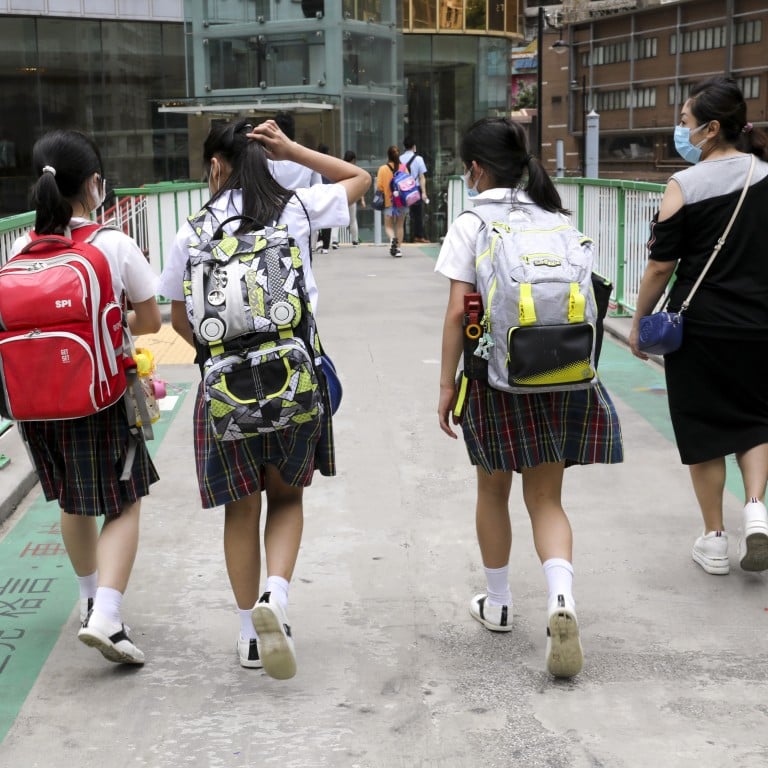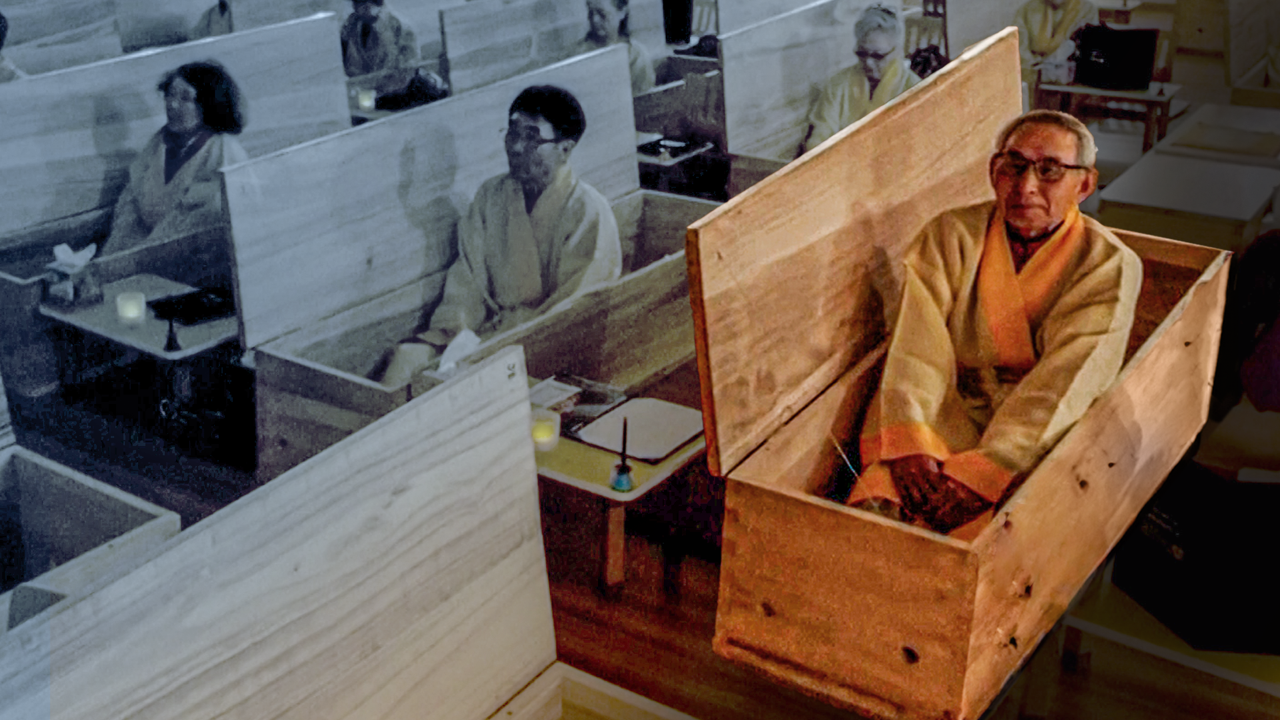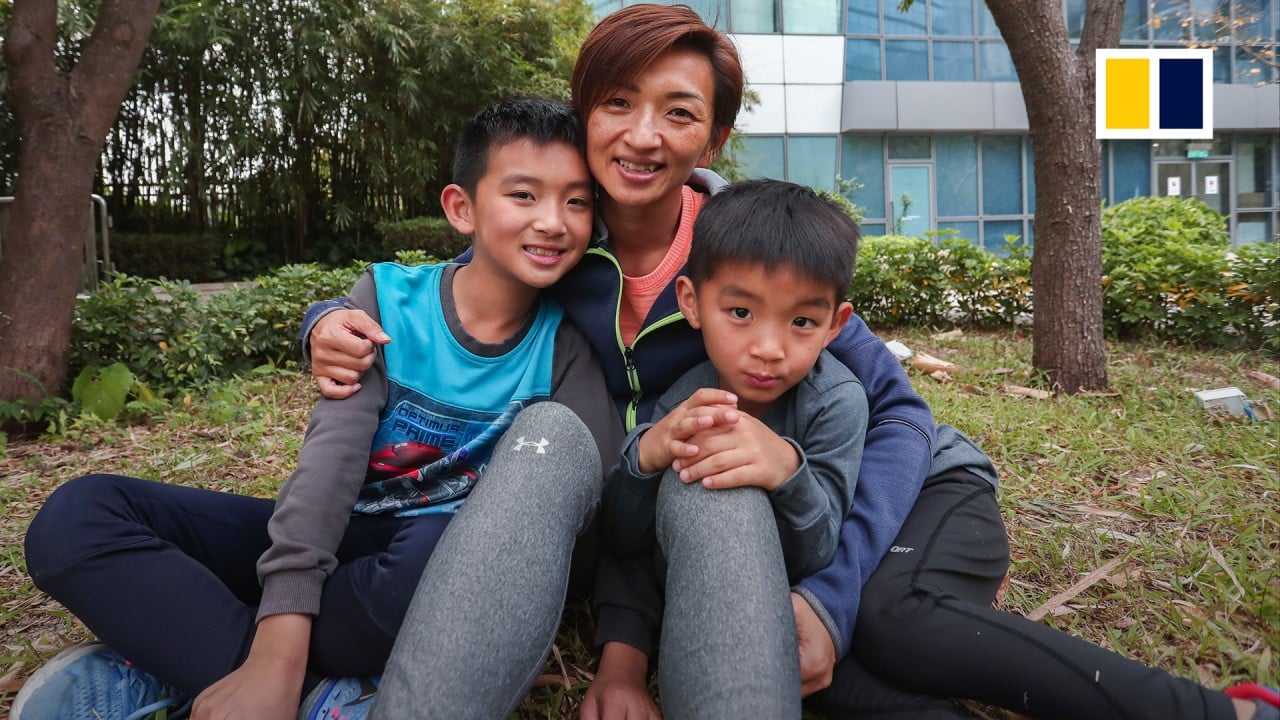
Stressful Hong Kong education system cannot escape blame for student despair
- The Education Bureau’s response to rising student suicides has been superficial at best. It must overhaul the system, starting with the homework policy
- The government should also set up a student suicide prevention committee
Student suicides and self-harm in Hong Kong are casting a long shadow over our society – and leaving a stain on our collective conscience.
When the loss of precious, young lives is reduced to mere numbers, it is as if the bureau stands at the edge of a vast ocean, unable to fathom the depths of students’ struggles. It is a moment that calls for introspection, for the bureau to confront the urgent need to turn the tide. According to the police, more than 300 schoolchildren attempted suicide last year.
Describing the problem of student suicides with a hail of numbers does not help the public understand the nature of the issue. It underscores the authorities’ persistent downplaying of the matter, evident from their failure to develop targeted preventive policies and their reluctance to confront the depths of students’ mental anguish.
These superficial measures, about as much help as a Band-Aid on a festering wound, are incapable of unravelling the complex web of underlying issues.
This fixation on academic excellence is not unique to Hong Kong society; it plagues other places too. Mainland China and Singapore recognise the detrimental effects of this obsession and have taken steps to alleviate the burden on students.
Even within international schools in Hong Kong, restrictions on homework have found their place, setting boundaries on the workload per subject, per day, and even per week. For instance, according to the guidelines given to parents by one international school, Grades 1 to 2 should be allotted just 20 minutes of daily homework, with a weekly cap of 100 minutes.
The time has come for the Education Bureau to reimagine the school homework policies that shackle our students. Let them breathe, let them find respite, with no more than 30 minutes of homework per day for lower primary students and a maximum of 60 minutes for those in upper primary. Only then can we offer a reprieve from the relentless weight of the academic burden.
Furthermore, the government must form a student suicide prevention committee to go beyond addressing the immediate crisis. Let it broaden its reach, delving into the depths of students’ and teachers’ mental health, armed with research findings and guided by compassion.
Targeted measures must be implemented, accompanied by a thorough review of the curriculum design, assessment system and further education mechanisms. Indeed, this comprehensive approach presents a significant opportunity to navigate the challenges and guide our students towards a brighter future.
We understand that achieving a comprehensive improvement within the education system requires extensive reforms. But the bureau must take these challenges head-on, starting with the development of homework policies. Procrastination only perpetuates the tragic circle of student suicides. Let us act, for the sake of our children’s well-being and a future where their light shines undimmed by the shadows of despair.
Dr Tik Chi Yuen is a legislative councillor in the social welfare functional constituency
Marie Pang is a community officer with the political party Third Side




